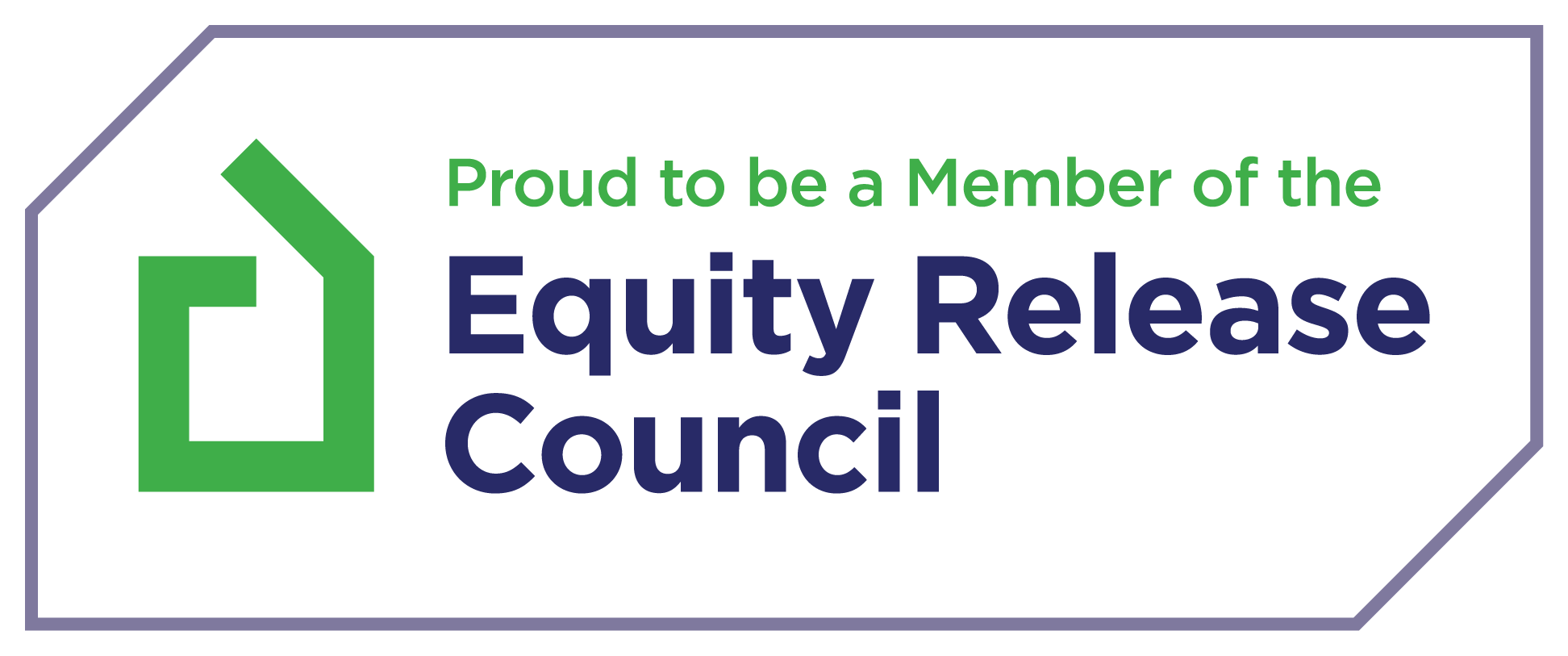What happens if the institution that looks after your savings goes bust? While memories of the 2008 banking crisis are receding with each passing year, there will always be a concern that money placed with any bank or other institution could be at risk.
So, is your nest egg really at risk in 2024? After the 2008 banking crisis, the Government stepped in to minimise the risk to your savings when and if banks go bust.
Furthermore, from 2019, it became UK Law that to separate core retail banking services (including current accounts, mortgages and savings) from their investment and international banking activities – known as ring-fencing. This means that savers’ money deposited with banks cannot be used to fund other parts of their operation that might be involved with their more speculative activities.1
Many people have a rough idea that they will be compensated if the institution which holds their money goes bust, but it is not an all-encompassing ‘get out of jail free’ card. There are conditions for compensation that govern what kind of investment, where it is deposited and how much is covered.
The body which acts for those of us whose bank or institution has gone bust is the Financial Services Compensation Scheme (FSCS). Set up in 2001, it ensures that in the event of a catastrophic event, depositors can get their money back.2
If you hold money with a UK authorised bank, building society or credit union that fails, the FCFS will automatically compensate you:
- up to £85,000 per eligible person, per bank, building society or credit union.
- up to £170,000 for joint accounts.
To discover whether your investment is eligible for compensation if the worst happens, you can visit https://www.fscs.org.uk/check/
The FSCS does not cover other investments such as stocks and shares, so be careful when you are investing to check that not only the institution you are using is a member of the FSCS but the investment is of the right type.
Sources
- Bank of England (2024) Ring-fencing. Available at: https://www.bankofengland.co.uk/prudential-regulation/key-initiatives/ring-fencing [Accessed 21 May 2024]
- Financial Services Compensation Scheme (2024). What we cover. Available at: https://www.fscs.org.uk/what-we-cover/ [Accessed 21 May 2024]
All the information in this article is correct as of the publish date 30th May 2024. The opinions expressed in this publication are those of the authors. The information provided in this article, including text, graphics and images does not, and is not intended to, substitute advice; instead, all information, content and materials available in this article are for general informational purposes only. Information in this article may not constitute the most up-to-date legal or other information.






